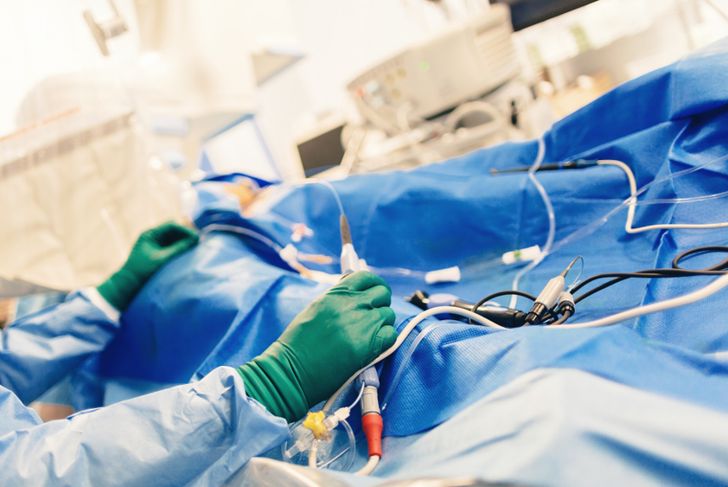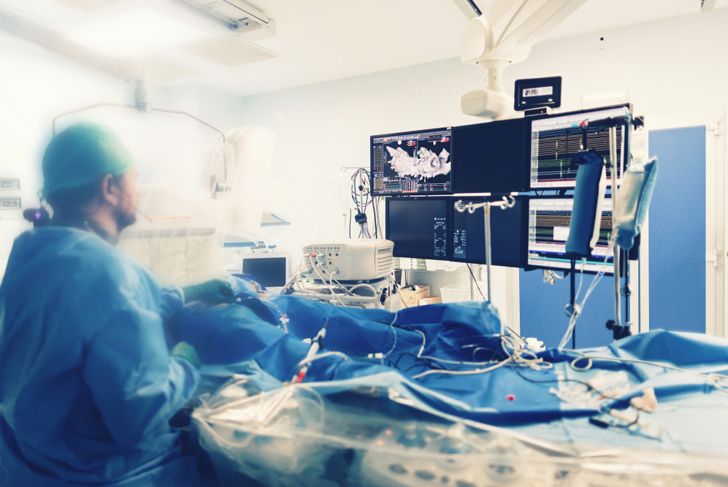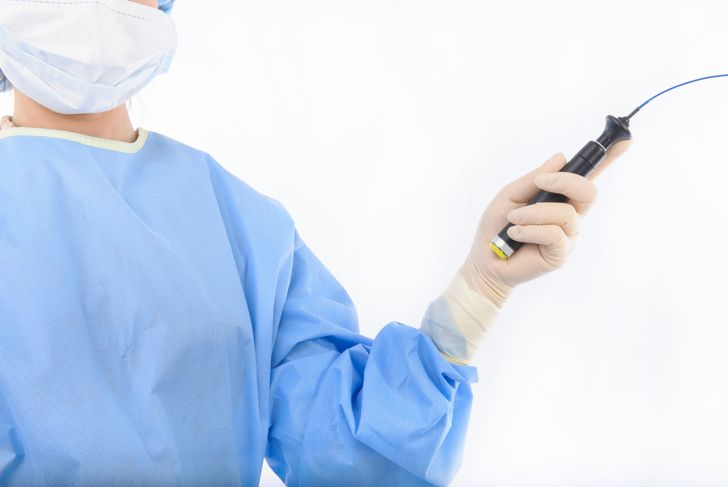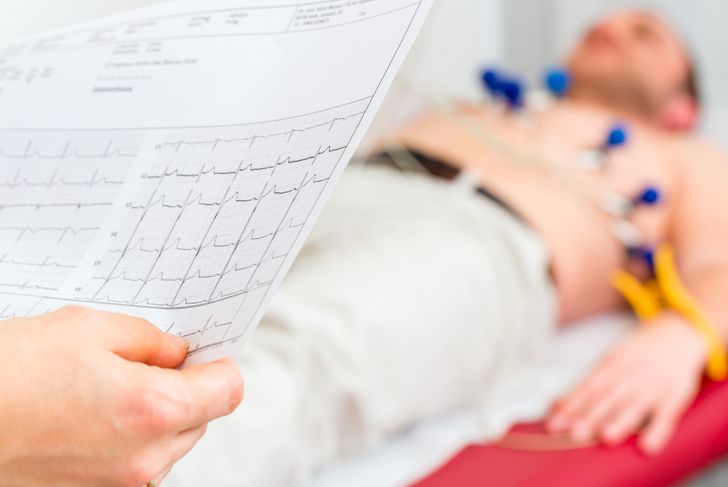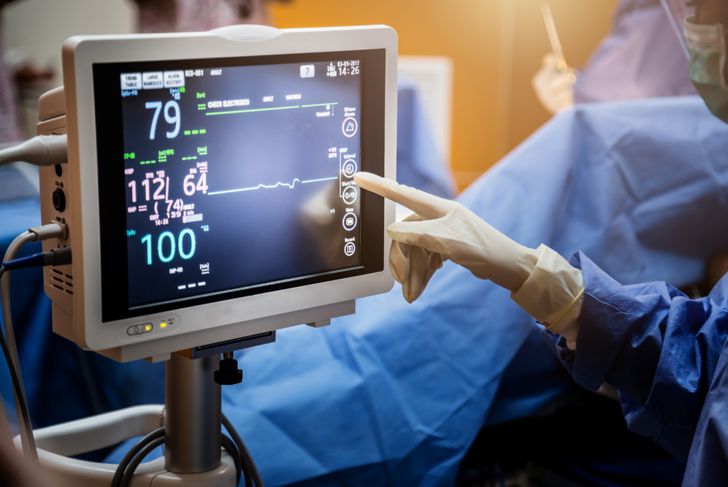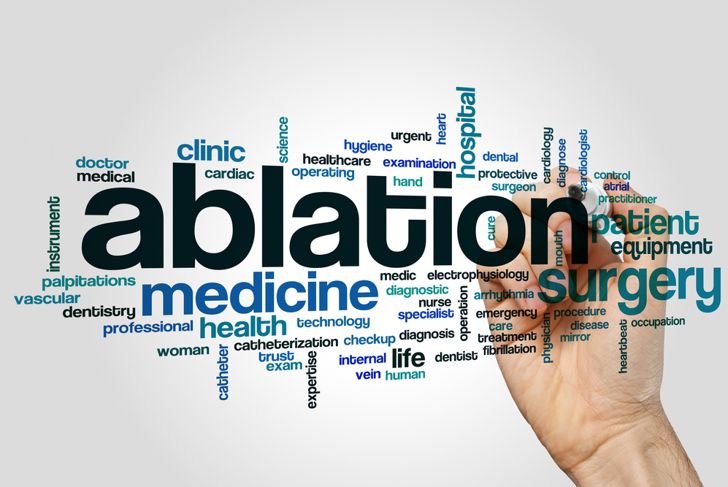A cardiac ablation is a type of procedure done by a specialist called an interventional cardiologist, a doctor who performs procedures for heart-related problems. This procedure involves threading long and flexible wires called catheters through a specific blood vessel then into the heart. The cardiologist would make use of electrodes to release safe, electrical pulses to particular parts of the heart as a treatment for irregular heartbeats. Sometimes, it is also done through open heart surgery.
Types of cardiac ablation procedures
Cardiac ablation isn’t a type of surgical procedure, and it’s the least-invasive choice for treatment. The doctor would insert a flexible tube into one of the blood vessels of the neck or leg. After that, the doctor would guide the tube all the way to the heart to reach the area that causes the arrhythmia. Then it will deliver electrical signals which destroy the cells and bring back the regular heartbeat. There are two main types of cardiac ablation. In cryoablation, the catheter delivers a balloon attached to a substance which freezes the tissues and creates a scar. In radiofrequency ablation, the catheter sends radio frequency energy which creates circle-shaped scars around the veins.
Choosing the Right Type of Cardiac Ablation
The types of cardiac ablation would target various parts of the heart. In some cases, you can go home right after treatment, but sometimes, you may need to stay in the hospital for a longer time. Sometimes, doctors administer drugs to give the heart a regular rhythm. However, these drugs may have some side effects and at some point, might stop working. In such cases, cardiac ablation is the next possible option. This procedure gives a better form of treatment as the effects last longer, and it may even cure the irregular heartbeats. Since cardiac ablation is less invasive, the doctor may perform either of the types or both as part of the treatment.
What occurs during cardiac ablation?
Doctors perform cardiac ablations in an electrophysiology laboratory. The whole procedure takes a couple of hours typically. Also, the doctor may perform the cardiac ablation under local or general anesthesia with sedation. After giving the anesthesia, the doctor cleans the area of the skin then makes it numb. Then, the doctor inserts the catheter through the blood vessel and guides it all the way to the heart. Usually, the doctor also injects a contrast dye to allow more visibility so he/she can see the areas of the heart with abnormal muscles. After that, the specialist delivers a burst of electricity or energy through the catheter to destroy the abnormal heart tissues and correct the irregular heartbeat.
When would you need cardiac ablation?
There are times when the heart beats unevenly, too slowly or too quickly. These problems in heart rhythm are commonly known as arrhythmias, and the treatment for them is through cardiac ablation. Arrhythmias are quite common especially among people who have heart-related diseases and older adults. You may need to undergo cardiac ablation if you suffer from arrhythmias and the condition isn’t responding to medication. Also, if you experience adverse side effects from taking medications from arrhythmia or you have a high risk of sudden cardiac arrest or similar complications.
Cardiac ablation helps those suffering from arrhythmia
There are times when people suffer from certain types of arrhythmia which needs cardiac ablation as treatment. Arrhythmia is an ailment when heart rates turn out to be irregular. It might take place with an abnormal heartbeat. These types include AV nodal reentrant tachycardia or AVNRT, accessory pathway, atrial fibrillation, atrial flutter or ventricular tachycardia.
Benefits of having a cardiac ablation
If you suffer from arrhythmia and you don’t undergo treatment, then you’re at risk of getting heart failure, stroke, blood clots, and more. All these conditions are extraordinarily fatal, so you need to consider treatment. Before recommending cardiac ablation or other types of treatment, the doctor will take into account other risk factors. However, this procedure can be very beneficial for you especially if the symptoms of your condition are already severe. Also, if the arrhythmia starts to interfere with your life, then cardiac ablation is essential.
Preparing for cardiac ablation
Before undergoing cardiac ablation, the doctor would first record the rhythm and electrical activity of your heart. Then the doctor also asks about any medical conditions you may have such as kidney disease, diabetes or are pregnant. If every thing’s clear, the doctor will instruct you not to drink or eat anything after midnight the night before the cardiac ablation. You also have to stop taking any medications which may increase the risk of adverse side effects such as excessive bleeding. There are other steps for preparation, and it’s important to discuss everything with your doctor beforehand.
What occurs after cardiac ablation?
After the procedure, you may feel tired, and you may also experience some level of discomfort during the first two days. Make sure to follow all your doctor’s instructions about medications, physical activity, wound care, and even all the follow-up appointments. You need to undergo periodic electrocardiograms to monitor your heart rhythm. There are some cases when people still experience brief episodes of irregular heartbeats after the procedure. This is quite normal as the tissue heals and over time, the heartbeats will return to normal. Keep all your appointments with your doctor as he will inform you if you need any more procedures to treat your condition.
The risks involved in cardiac ablation
Just like any other medical procedure, cardiac ablation comes with some risks. These include pain, bleeding, and even infection at the insertion site of the catheter. There are also other severe complications though these are quite rare. These include heart attacks, blood clots, fluid build up in the areas surrounding the heart, pericarditis, and even damage to the arteries or valves of the heart.
The outlook for those who’ve had a cardiac ablation
Generally, the outlook for patients who have undergone cardiac ablation is good. But that depends on the severity of the condition and the type of tissue affected. For instance, those who have persistent arrhythmias have a significantly lower success rate than those who suffer from intermittent issues. There is a waiting period of three months before the doctor can determine the success of the procedure. If you’re considering this procedure, do your research, so you know exactly what you’re getting yourself into. Also, talk to your doctor about the procedure until you understand it fully.

 Home
Home Health
Health Diet & Nutrition
Diet & Nutrition Living Well
Living Well More
More
